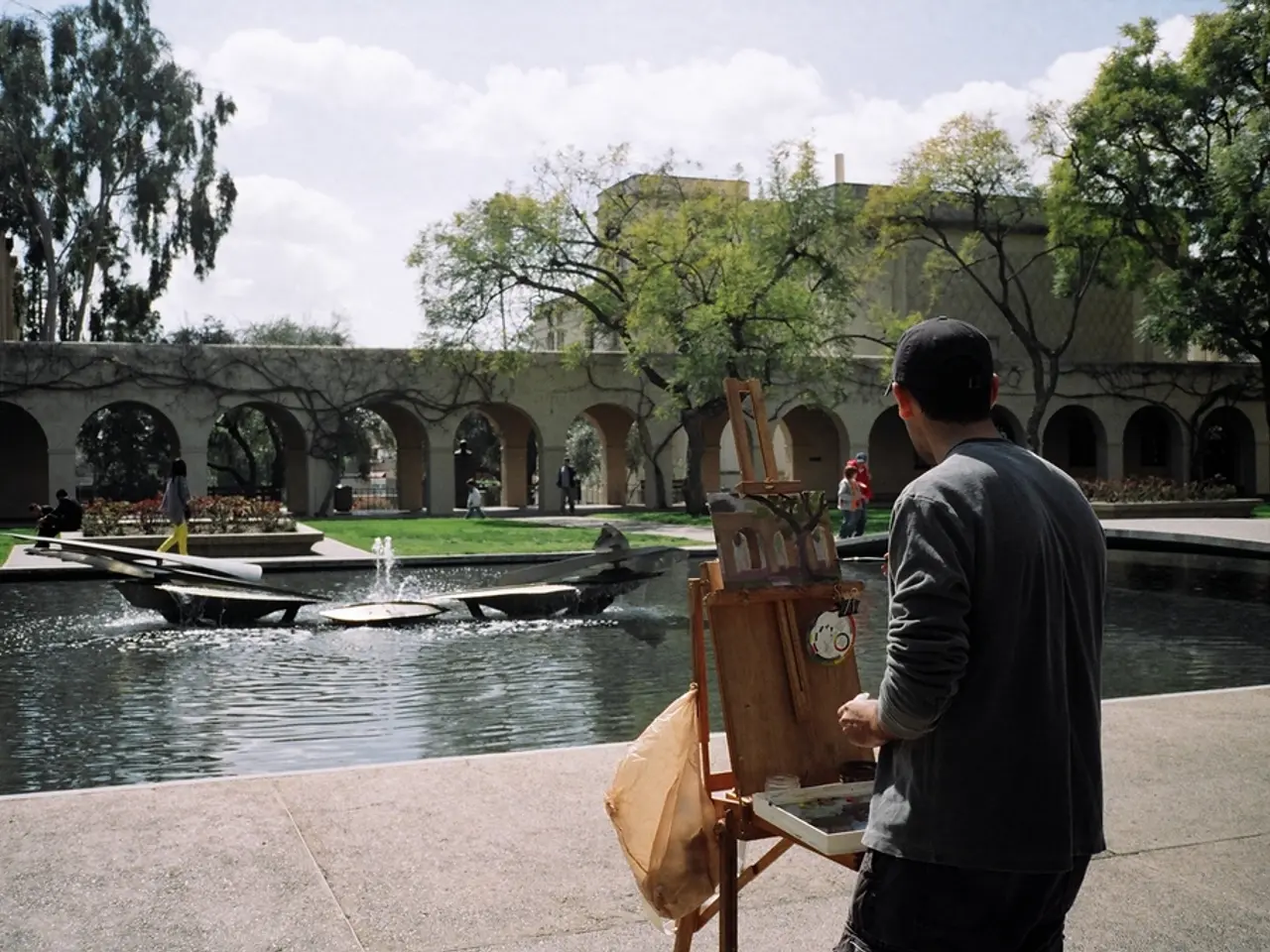Penn Nursing's Sense4Safety Intervention Shows Promise in Preventing Older Adult Falls
A groundbreaking study by Penn's School of Nursing has shown promise in predicting and preventing falls among older adults using an innovative, technology-supported intervention called Sense4Safety. Falls are a critical issue for this demographic, often leading to serious health complications and a significant burden on the healthcare system.
The Sense4Safety intervention combines passive monitoring through an in-home depth sensor with active engagement and education from a coach experienced in exercise programs. The study found that most participants found the intervention useful, helping them become more aware of their home environment and risky behaviors, such as walking backwards without looking.
The intervention also includes the Otago Exercise Program, tailored to each participant's abilities. Researchers hope to make this intervention available to high-risk populations, such as older adults recently discharged from hospitals. To further test its effectiveness, the team plans to conduct a clinical trial with participants randomly assigned to either a control group or the intervention group.
The successful demonstration of Sense4Safety's feasibility in predicting fall risk marks a significant step towards improving the safety and quality of life for older adults. With further testing, this nursing-driven invention could potentially reduce the healthcare burden posed by falls and help older adults maintain their independence.
Read also:
- Willich's Senior Citizens Prepare for Council Elections, City Celebrates International Day of Older Persons
- Indigenous-Managed Forests Key to Fighting Amazon Fires and Saving Lives
- Chronic Stress: Holistic Management for Physical and Mental Health
- Pre-Hispanic Colombian Faces Revealed: Digital Reconstruction Unmasks Mummies





